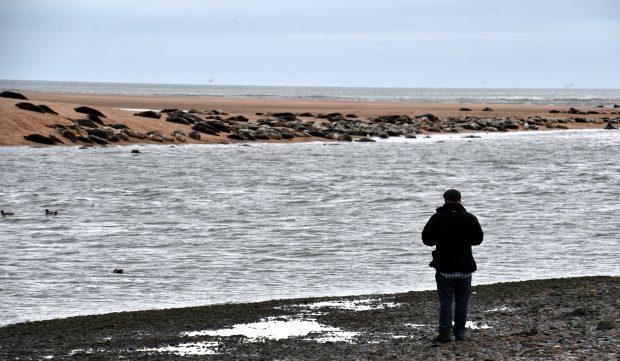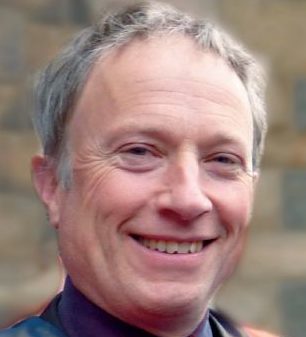A new £100,000 project will highlight the north-east’s hidden cultural gems and encourage visitors to venture off the beaten track.
Visit Scotland and Aberdeen University’s Elphinstone Institute have teamed up to collect folklore which will used to create films, podcasts or other media.
The stories of the region will be collected through the creation of a number of oral history “hubs” across Aberdeenshire, which will also train volunteers to compile their history so that it can be preserved for future generations.
Project lead Dr Fiona-Jane Brown said: “The people of Aberdeenshire have a very distinctive character, illustrated in their speech, the Doric dialect, their hard work on land and at sea over many centuries, and in their folklore, the stories, songs, traditions and beliefs.
“The latter is often overlooked by historians and inaccessible to visitors.
“This project will help illuminate some of the most fascinating oral history, folklore, and social heritage which can be found in Scotland.
“Once complete, the research will be used to create marketing assets which may include the creation of film, e-books, interactive maps, podcasts, or other media which will bring the stories and the places from which they originate to life.”
It is hoped the project will capitalise on the potential for increased visitor numbers as a result of the North East 250 and Aberdeenshire Coastal Trail.
Dr Thomas McKean, director of the Elphinstone Institute, added: “Our job at the institute is to listen to those who know north-east culture best and this great partnership does just that, as we work to promote and celebrate the region.
“This project will be a significant stepping stone towards our broader cultural partnerships and goals.”
The project is tied to Visit Scotland’s Year of Scotland’s Coasts and Waters 2020 and the Year of Scotland’s Stories 2022.
Jo Robinson, VisitScotland regional director, said: “By involving local communities in the project, we hope to receive some great local stories and folklore directly from the people who have had them passed on through the generations or, indeed, have experienced them first-hand.”

